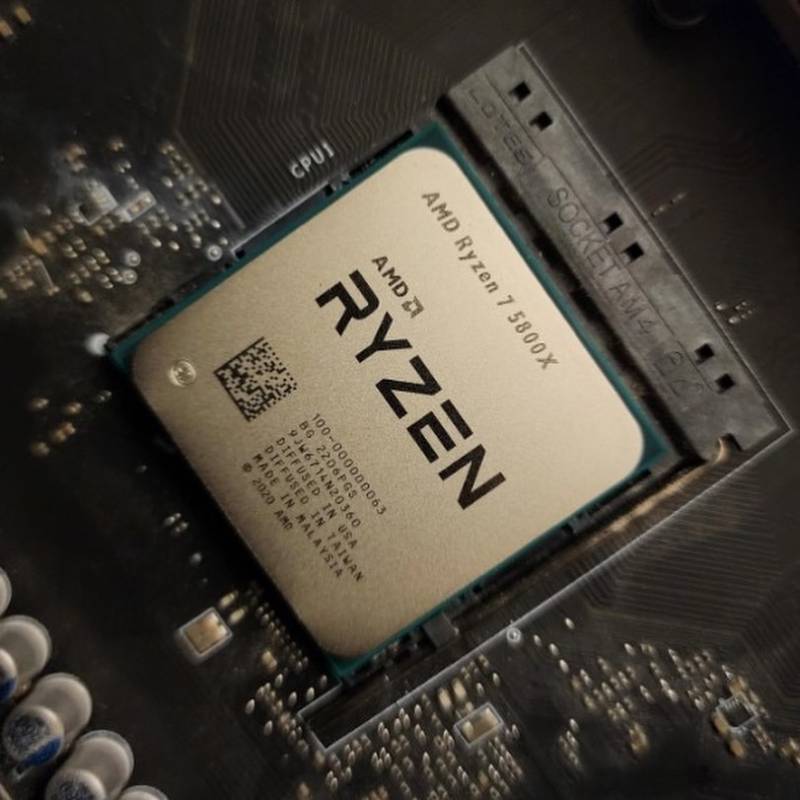An OpenSea exec bought NFTs that were going to be given prime real estate, then sold them for a profit.
Whether it’s an energy company’s stock or a JPEG of a Kamoni, the Distracted llama, you can’t make a trade based on secret information that you know will affect a security’s future price.
Read Also:59% of Employees Want More Mental Health Support at Work(New Study)
Nathaniel Chastain found that out yesterday. The former head of product at leading NFT marketplace OpenSea was charged with wire fraud and money laundering linked to the insider trading of NFTs, or non-fungible tokens. It’s the first insider trading case involving digital assets, the DOJ said.
It all started last September, when OpenSea users noticed something fishy was going on with crypto wallets belonging to Chastain. They were purchasing NFTs right before the assets were featured on the site’s homepage, then selling them once their prices had gone up (typically 2x–5x the original amount, prosecutors said).
Turns out, Chastain allegedly chose the NFTs he had purchased to be splashed on the front page, and then cashed them in for a profit of ~$67,000, according to 8BTCNews.
Once it was alerted of these transactions, OpenSea basically admitted that insider trading was taking place, and in September asked Chastain to leave the company after an investigation. (As of March, Chastain was working on a new NFT project, Oval. His charges carry a maximum 20-year prison term).
Why it matters: OpenSea is by far the largest NFT marketplace, with 65% market share. It was last valued at $13.3 billion—more than American Airlines. Therefore, a credibility hit to OpenSea is a credibility hit to the entire NFT industry.
Not that it was overflowing with reliability before these charges, either. Crypto legal experts predict that more legal action is on its way given widespread complaints around scams, market manipulation, phishing, and other financial crimes in the unregulated NFT space.—NF




